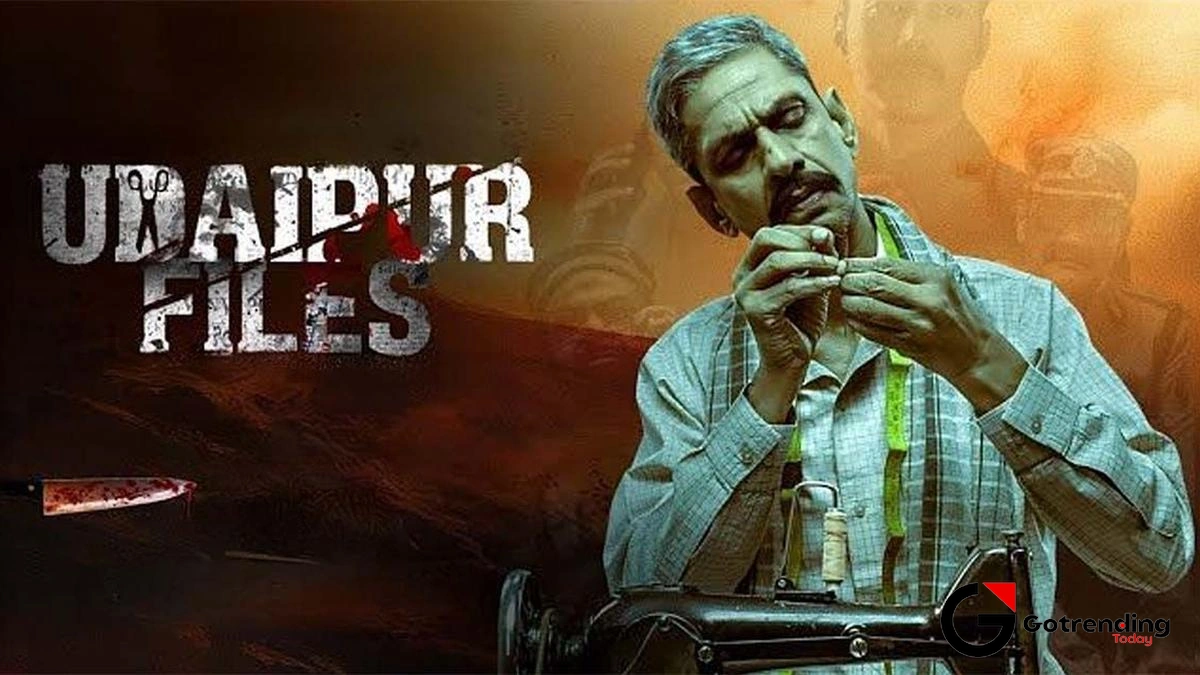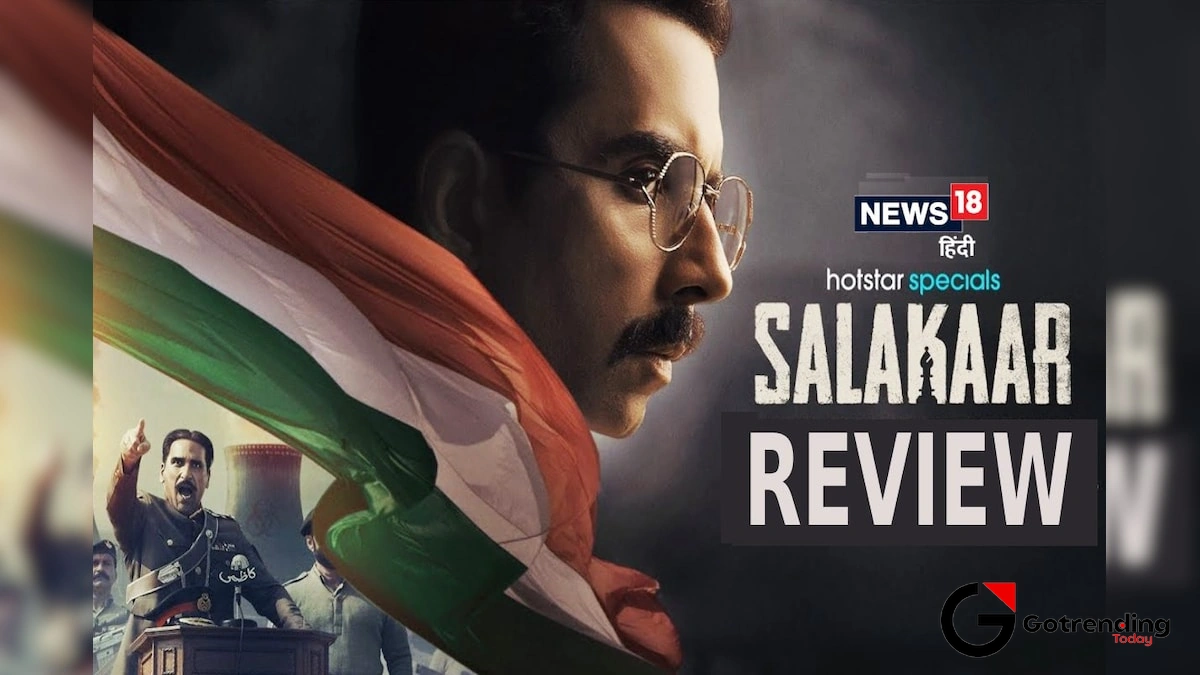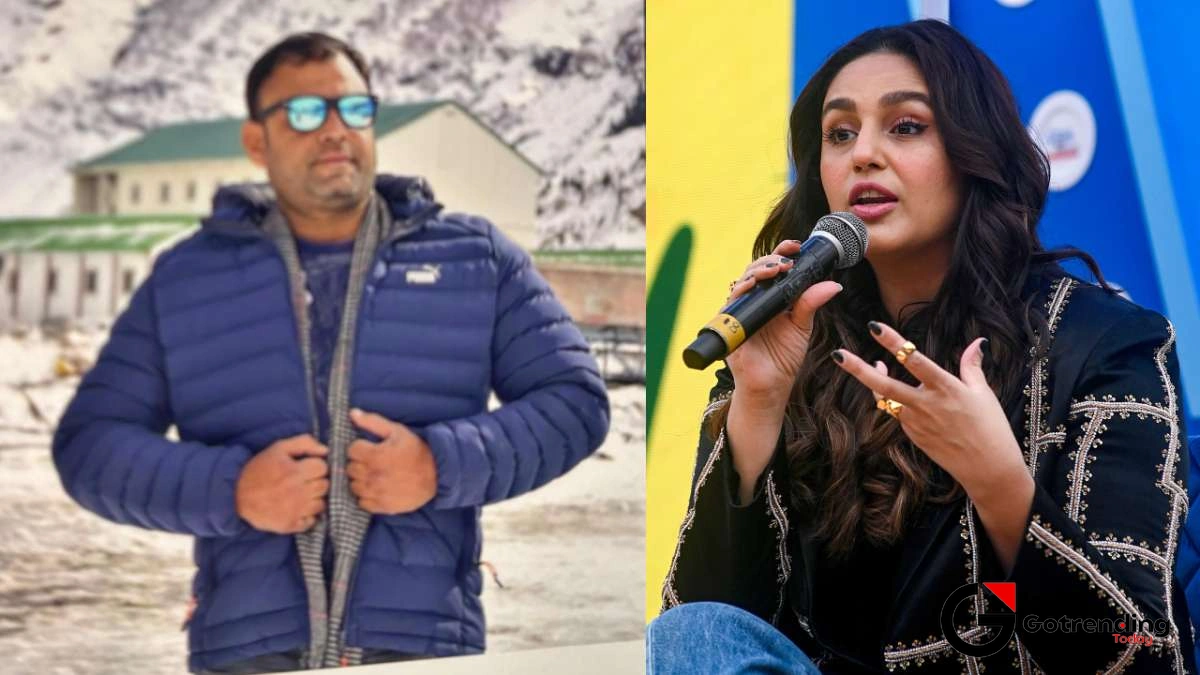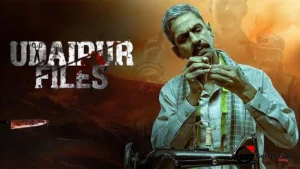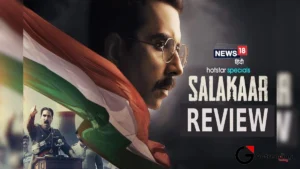The Udaipur Files | More Than Just a Movie, It’s a Sign of Our Times
Let’s be honest. The moment you heard the title, “Udaipur Files,” your mind jumped to one place, didn’t it? To sold-out theatres, primetime news debates, and endless WhatsApp forwards. It jumped straight to The Kashmir Files .
And that’s not an accident. That’s the entire point.
A new film, The Udaipur Files , has been announced, and it’s already generating a powerful storm of curiosity, anticipation, and, for many, a deep sense of unease. But the most important question isn’t what this movie is. The news can tell you that. The real question, the one we should be sitting with, is why. Why this story? Why this title? And most importantly, why now? What does the emergence of an “Udaipur Files” signal about where we are as a country and where our cinema is headed?
Because this isn’t just about a movie anymore. It’s about a formula. And it’s a formula that’s proving to be incredibly potent.
So, What Exactly Is “The Udaipur Files” About?
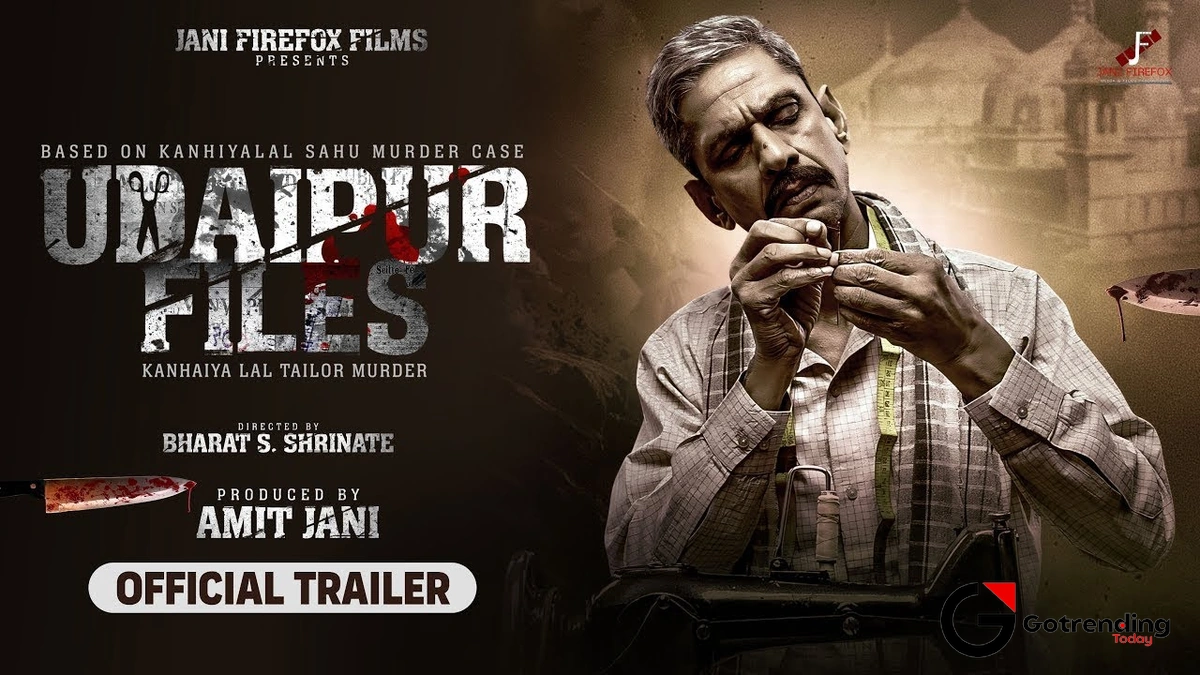
Before we dive into the deep end, let’s get the facts straight. While the producers are keeping the exact plot under wraps, the title and timing point directly to one of the most horrifying and communally charged incidents in recent memory: the brutal murder of Kanhaiya Lal Sahu in Udaipur.
In June 2022, Kanhaiya Lal, a tailor in the city of Udaipur, was murdered in his shop by two men. The assailants recorded the act and later released a video, claiming the murder was in retaliation for a social media post supporting Nupur Sharma. The incident, as detailed by multiple news reports , sent shockwaves not just through Rajasthan but across the entire nation. It was a stark, gruesome crime that ripped through the heart of a city known for its lakes and palaces, leaving behind a trail of fear and polarization.
The film, set to be produced by Soni Singh and directed by Mohammed Ali, aims to bring this very story to the big screen. The announcement poster itself is grim, featuring a silhouette of a man with a blood-stained sewing machine. The message is clear: this will not be an easy watch. It’s intended to be a direct, unflinching look at the Kanhaiya Lal Udaipur case.
But a film about a real-life tragedy isn’t new. What’s different here is the packaging.
The ‘Files’ Franchise | Why This Naming Is a Stroke of Genius (and a Little Terrifying)
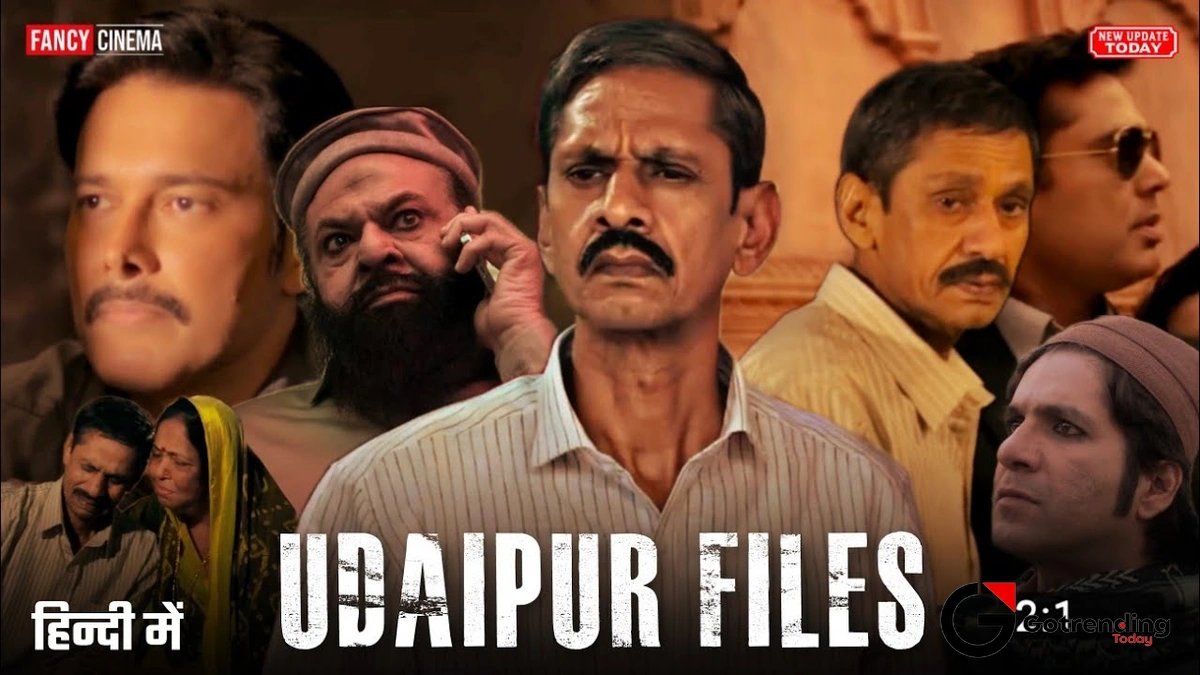
What fascinates me is the branding. Calling it “The Udaipur Files” is a deliberate and brilliant marketing move. It instantly creates a brand association. The word “Files” has now become a genre in itself, shorthand for a very specific type of movie.
Think about it. The title promises:
- A “Hidden Truth”: It suggests that you, the audience, are being let in on a secret, a suppressed narrative that the mainstream has ignored.
- Unfiltered Reality: It implies a gritty, no-holds-barred depiction of events, far from the polished make-believe of typical Bollywood.
- A Clear Point of View: Let’s not kid ourselves. These films aren’t neutral. They are designed to evoke strong emotions and champion a specific ideological perspective.
The success of The Kashmir Files created a blueprint. It proved that you could make a film on a shoestring budget about a deeply divisive political issue and turn it into a monumental blockbuster. It bypassed traditional marketing and relied on public sentiment and political endorsement to become a cultural phenomenon. It’s a model that many are now keen to replicate. You could even say that the landscape of Bollywood hits is being reshaped by these new, politically charged narratives.
So, the udaipur files movie isn’t just a standalone project. It’s the next potential installment in an unofficially franchised genre of truth-based Indian movies . And that brings us to the most critical debate of all.
Cinema as a Mirror or a Magnifying Glass?
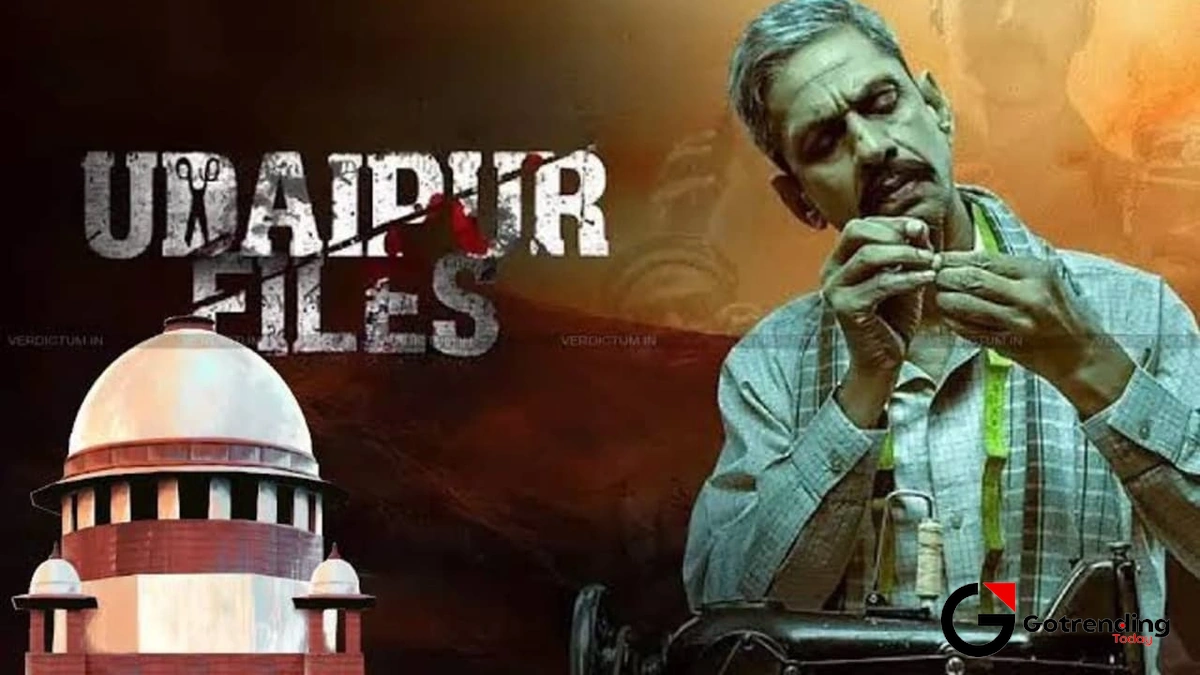
Are films like this simply holding a mirror to society, showing us the ugly truths we’d rather ignore? Or are they a magnifying glass, taking a single spark of hatred and focusing it into an inferno that risks burning down the whole house?
The argument for the “mirror” is compelling. Supporters would say that the Kanhaiya Lal murder did happen. It was a horrific act of radicalism, and to ignore it or sanitize it would be a disservice to the victim and a failure to confront a dangerous reality. They would argue that cinema has a right, even a duty, to explore the darkest corners of our society so that we may learn from them.
But then there’s the “magnifying glass” argument. What happens when you take a complex, sensitive event and flatten it into a two-hour narrative designed for maximum emotional impact? Critics fear that such films, while claiming to show the “truth,” often end up simplifying complex issues into a simple “us vs. them” binary. They risk demonizing an entire community for the actions of a few extremists.
The real danger is that these films don’t just reflect public opinion; they actively shape it. They can harden existing prejudices and create new ones, making civil discourse and reconciliation that much harder.
What This Could Mean for Udaipur (and the Rest of Us)
For the city of Udaipur, the stakes are incredibly high. It’s a city that thrives on an image of being a romantic, peaceful tourist destination. The 2022 incident was a deep wound, one that the local community has been trying to heal from. A film that rips open that wound and puts it on a national stage could have profound consequences for social harmony and the city’s livelihood.
But this goes beyond just one city. The emergence of the “Files” genre forces all of us to ask what we want from our cinema. Do we want stories that challenge us, or stories that confirm our biases? Do we want films that build bridges, or films that build walls? There is no easy answer, and honestly, the box office numbers for these upcoming controversial movies suggest the audience is hungry for the latter.
The line between art, journalism, and political activism has never been blurrier. The Udaipur Files sits squarely at that intersection, and its journey from announcement to release will be a powerful barometer of our national mood.
Frequently Asked Questions about The Udaipur Files
Who is making The Udaipur Files movie?
The film is being produced by Soni Singh under the banner of Rachayita Films. It is set to be directed by Mohammed Ali, with a screenplay by the director and producer.
Is “The Udaipur Files” connected to “The Kashmir Files”?
No, not officially. They have different directors and producers. However, the naming convention is a clear and deliberate choice to link it thematically and stylistically to the success and genre established by The Kashmir Files . The director of ‘The Kashmir Files’ is Vivek Agnihotri, who is not involved in this project.
What was the Kanhaiya Lal case in Udaipur?
Kanhaiya Lal was a tailor in Udaipur who was brutally murdered in his shop in June 2022. The perpetrators filmed the act and claimed it was in response to a social media post he had shared. The case is being investigated by the National Investigation Agency (NIA).
What is the Udaipur Files movie release date?
The producers are reportedly aiming for a release in early 2025. However, this is tentative and an official udaipur files movie release date has not been confirmed yet. It’s best to wait for an official announcement.
Will the movie be based on facts?
The filmmakers claim it will be based on the true story of the Kanhaiya Lal case. However, like any cinematic adaptation, it will likely involve creative liberties for dramatic effect. The extent of its factual accuracy will only be known upon its release.
Ultimately, The Udaipur Files is more than just an upcoming movie. It’s a cultural event in the making. It represents a shift in our storytelling, a new confidence in tackling subjects once considered too sensitive for mainstream cinema. Whether this newfound confidence will lead to greater understanding or deeper division is the billion-rupee question that all of us, as an audience and as a society, will have to answer. Maybe we can take a cue from the escapism offered in something like the latest season of a feel-good show , but reality, as these films show, is much more complex.
